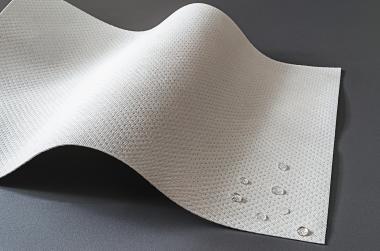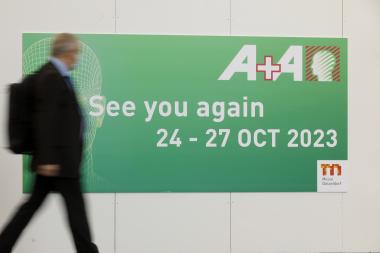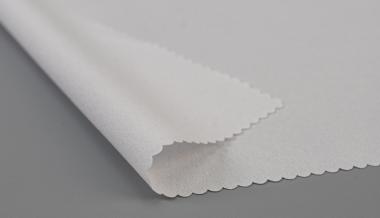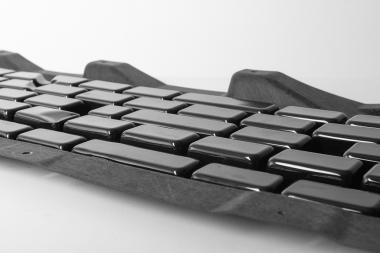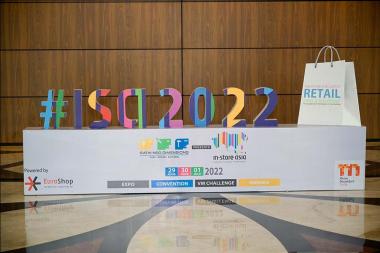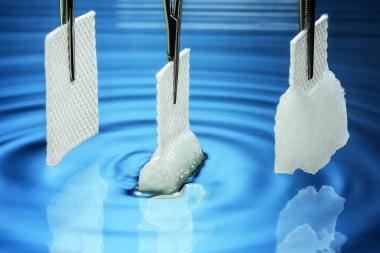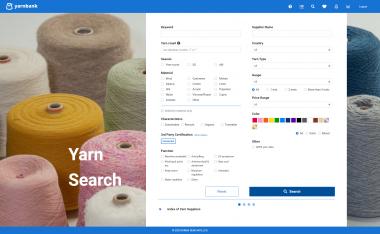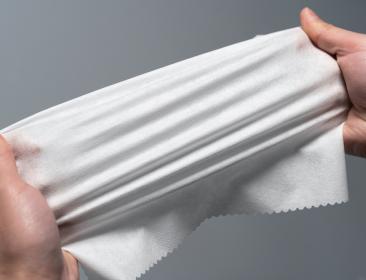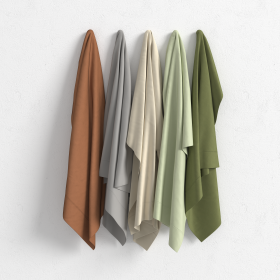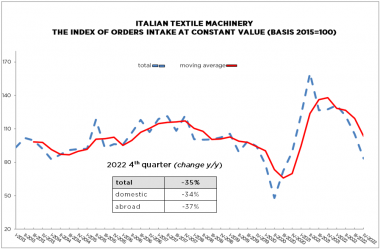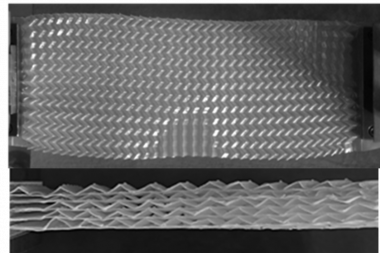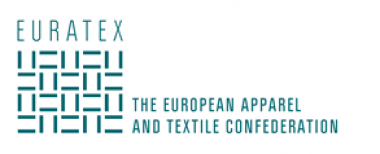Freudenberg complements Range of Technical Packaging Textiles
Freudenberg Performance Materials (Freudenberg) is launching its latest innovation Evolon® Ultra Smooth to serve the specific packaging needs of technical industries.
Evolon® Ultra Smooth fabrics are low-linting, strong and hard-wearing. The new materials are designed for industrial parts and components which require low-friction, sliding behavior during the part packing and handling procedures. Furthermore, they are durably hydrophobic and available in different weights. The reusable textile containers made of Evolon® Ultra Smooth can be used in various industries to pack and transport even very heavy and sensitive parts without damage.
The Evolon® Ultra Smooth materials have a point-sealed patterned white surface which is very different from the standard Evolon® packaging textiles and which makes them easily identifiable.
Evolon® Ultra Smooth materials protect the surfaces of industrial and automotive parts by avoiding micro-scratches or lint contamination. By using Evolon® Ultra Smooth reusable packaging to transport parts with highly-sensitive surfaces, customers reduce the number of damaged parts and the reject rate. The innovation is available worldwide. As Evolon® Ultra Smooth is 100% made in Europe, European customers benefit from even greater flexibility in the supply chain and quick go-to-market.
Freudenberg Performance Materials Holding GmbH


